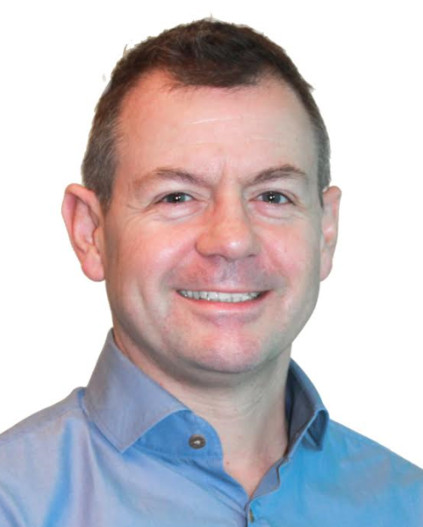Blog / Steven Ramage / February 7, 2020
For most of us living on this planet, cities and urban areas are where our communities develop and thrive. It’s estimated that 55% of the world’s population lives in urban areas, and this is expected to increase to 68% by 2050 according to the UN. Cities are also one of the places most impacted by our changing planet.


Next week I will bring attention to the key role of Earth observations in tracking changes to our urban centres at the tenth World Urban Forum (WUF10) in the United Arab Emirates. WUF10 is hosted by UN-Habitat and the Government of the UAE, and this is one of the largest gatherings in the world to tackle urban sustainability and many other topics impacting cities and urban areas. This year’s theme of the WUF is particularly special since it focuses on how to drive sustainable urbanization through culture and innovation.
As the foremost international gathering for exchanging views and experiences on sustainable urbanization, The GEO Secretariat will moderate a session on Earth observations in support of the Sustainable Development Goals (SDGs) and the New Urban Agenda (NUA).
This interactive session will focus on the urban topics from the GEO Work Programme and feature the following speakers and topics:
Dennis Mwaniki from UN-Habitat will highlight the requirements and opportunities for EO to support SDG 11 and the New Urban Agenda, and share case studies on how UN-Habitat is working with countries and multiple data producers for accelerated urban monitoring at the local, regional and global levels.
Argyro Kavvada from NASA is showcasing how the Earth Observations for Sustainable Development Goals (EO4SDG) Initiative is working across GEO and in close collaboration with UN-Habitat and countries to initiate the development of SDG EO toolkits on sustainable cities and communities. This effort aims to fill a current gap in value demonstration and practical guidance on EO uses for SDG planning, tracking, monitoring, and reporting in a timely manner, with a particular focus on integrating remotely sensed data with ground-based observations and ancillary data sources.


Yifang Ban from KTH Royal Institute of Technology will discuss the GEO Global Urban Observation and Information (GUOI) initiative’s role in improving urban monitoring using Earth Observation (EO) big data and providing EO-based datasets, information and tools to support urban sustainability and resilience. She will also demonstrate how GUOI contributes to the measuring and monitoring of SDG11 targets and indicators, and supporting the New Urban Agenda.
Thomas Kemper from the European Commission’s Joint Research Centre will unveil how the Human Planet Initiative is using Earth observations to track and measure settlements and populations. During the side event the newest edition of the Atlas of the Human Planet, a deliverable of the initiative, will be launched. It presents key statistics on urbanisation for 239 countries over 40 years’ time (1975– 2015), which form the knowledge base for the next generation of urban and territorial policies, development cooperation actions.
Jimena Juarez from the National Institute of Statistics and Geography of Mexico (INEGI) will be sharing the experience and experimental results of using georeferenced 2010 Census data and EO to train algorithms in order to detect urban growth and generate useful information for estimating population for non-census years.
The team from the Global Urban Observatory Unit (Robert, Dennis and Donatien, among others) at UN-Habitat have been supporting the work of GEO on the use of Earth observations by member states to enhance SDGs and NUA monitoring. This includes incorporating the EO best practices and methods in the SDGS urban related metadata, building capacities of national partners on use of EO for SDGs monitoring, and demonstrating the use of EO though practical advisory missions and sessions with GIS teams at the national statistics offices.
View the programme of the Special Session: SDGs in Action on Monday, 10 February (16:30 - 17:30)
The GEO community is also supporting another session with AidData from the College of William and Mary in Virginia, USA. This session titled, Innovation-Data-Finance Nexus: Connecting the Pathway to Achieving the Urban related SDGs, will present a diverse panel to discuss challenges and the way forward. A short discussion paper will be available after the event to highlight some of the key areas for applying Earth observations for urban sustainability.
GEO is an intergovernmental partnership that supports more than 100 UN Member States and the European Commission to highlight the value and usefulness of Earth observations for research, policy, decision making and action. We invite all existing countries, for example those in urban planning or science and technology departments to work with the GEO Principal in their countries to learn more about the GEO Work Programme and how EO can support their work.
About the author

Steven Ramage is Head of External Relations at the GEO Secretariat.
Thank you for your subscription to the GEO Week 2019 mailing list.